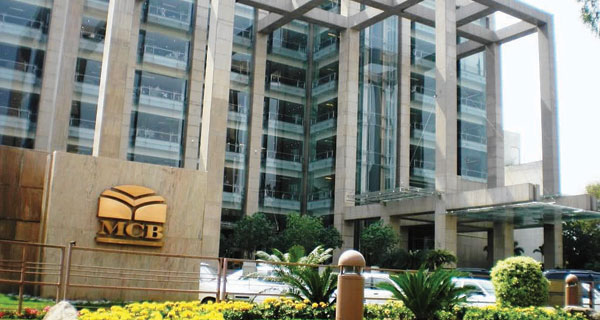×
The Standard e-Paper
Kenya’s Boldest Voice
 |
| Pakistan’s MCB Bank is in talks to buy Kenya’s small lender Middle East Bank. [PHOTO: COURTESY/STANDARD |
By James Anyanzwa
Pakistan’s MCB Bank is on the verge of acquiring Kenya’s Middle East Bank at undisclosed fee in a development bound to bolster intense competition for deposits among Kenya’s big banks.